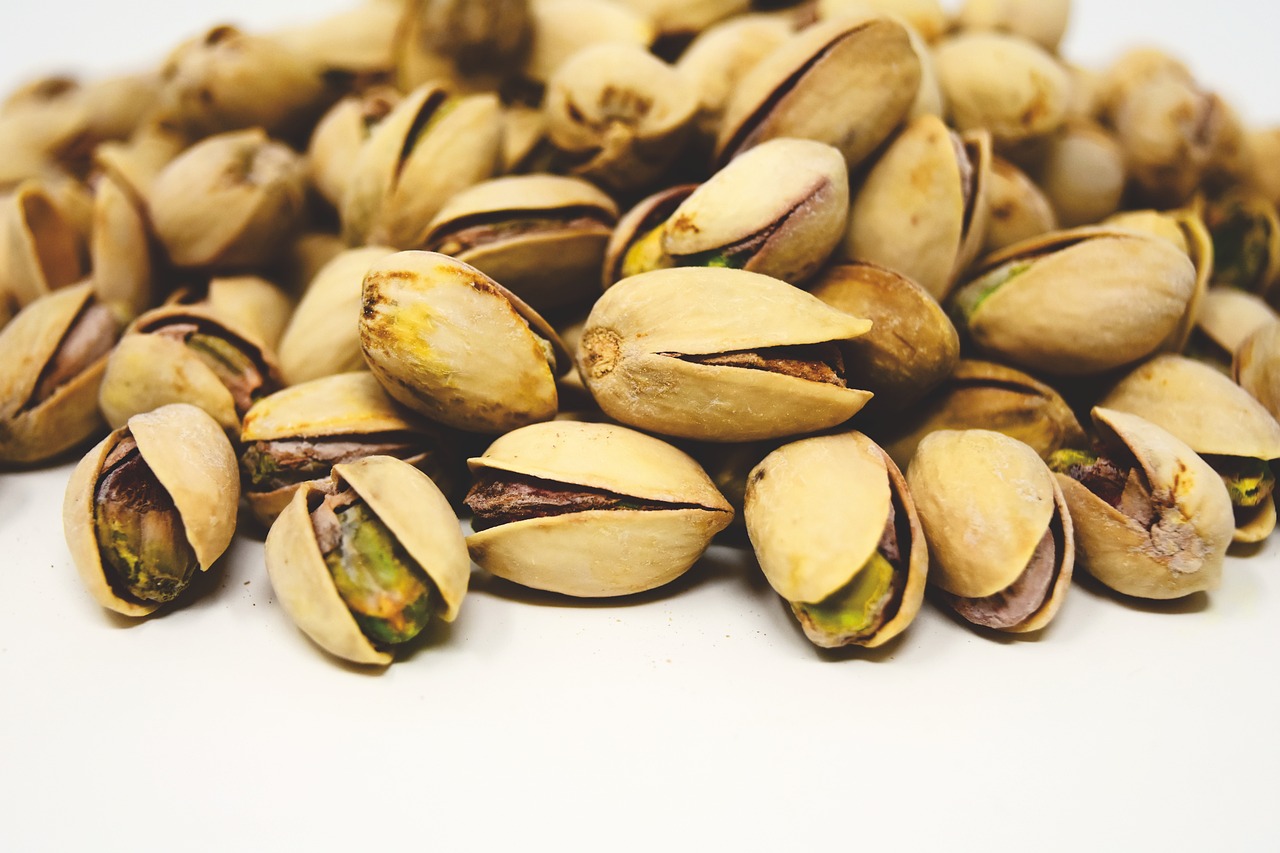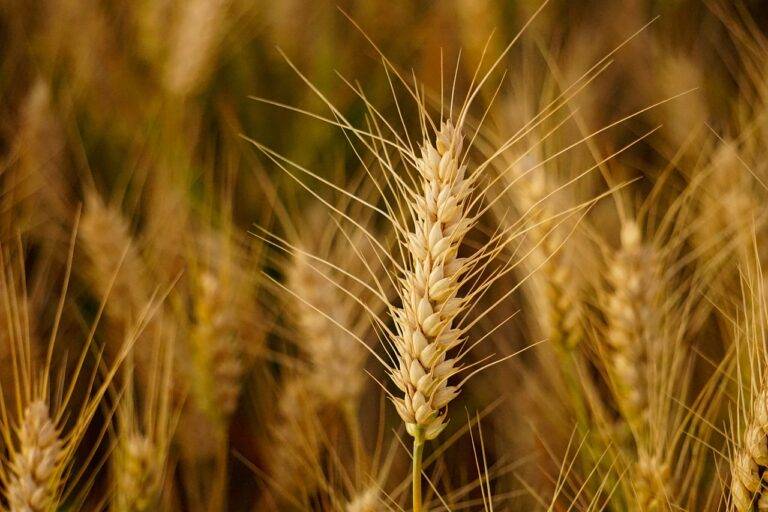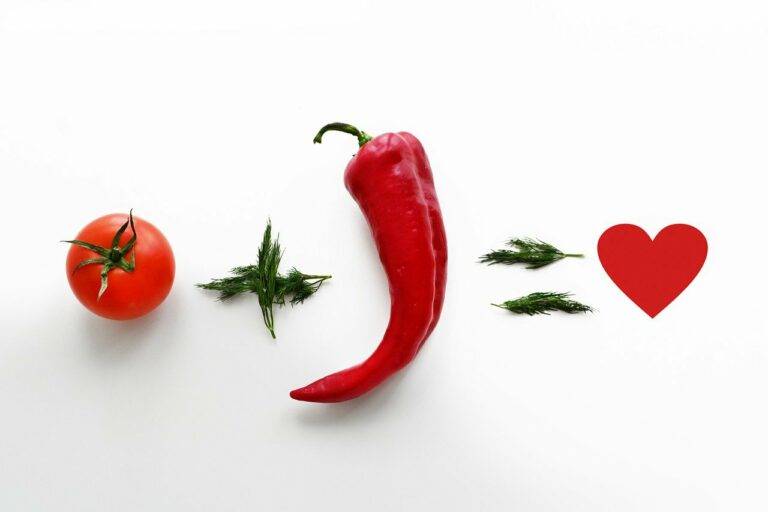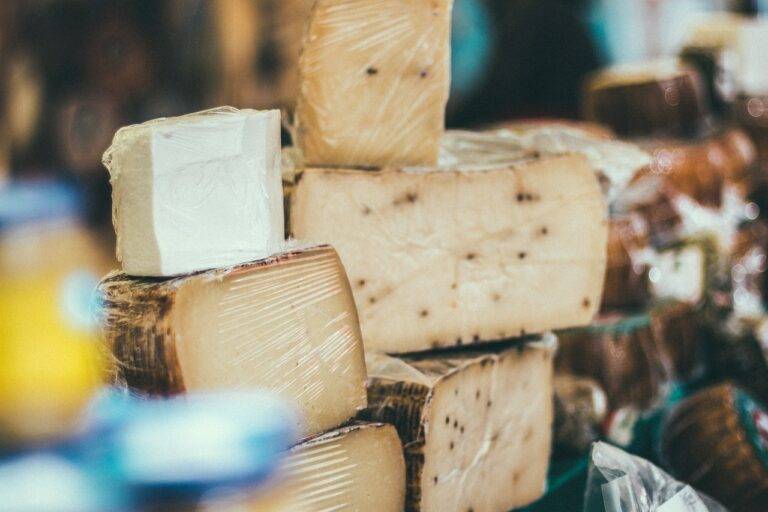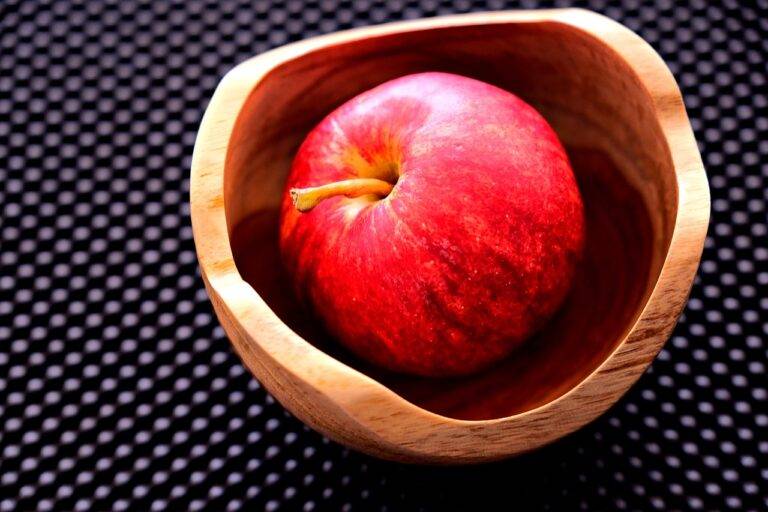The Intersection of Food and Technology: How Artificial Intelligence is Transforming Agriculture.
In recent years, artificial intelligence (AI) has emerged as a game-changer in the field of precision agriculture. By leveraging AI technologies such as machine learning and data analytics, farmers can now make more informed decisions about their crops, leading to improved efficiency and productivity.
One key benefit of AI in precision agriculture is its ability to analyze vast amounts of data quickly and accurately. By processing data from sensors, satellites, and other sources, AI can provide real-time insights into factors like soil conditions, weather patterns, and crop health. This allows farmers to implement targeted interventions that optimize resources and minimize waste, ultimately leading to better crop yields and quality.
Improving Crop Yield and Quality through AI Solutions
Artificial intelligence (AI) is revolutionizing the agricultural sector by providing innovative solutions to improve crop yield and quality. By utilizing AI-powered technologies, farmers can gather and analyze vast amounts of data regarding soil health, weather patterns, pest infestations, and crop growth rates. This data-driven approach enables farmers to make informed decisions and implement tailored strategies to optimize their crop production.
Furthermore, AI solutions offer real-time monitoring and predictive analytics to identify potential issues before they escalate, allowing farmers to intervene promptly and effectively. By leveraging AI algorithms for precision farming practices, such as automated irrigation systems and drone surveillance, farmers can enhance their efficiency, reduce resource wastage, and achieve sustainable agricultural practices. Ultimately, the integration of AI in agriculture not only boosts crop productivity but also ensures the production of high-quality and resilient crops to meet the demands of an ever-growing population.
How can artificial intelligence help improve crop yield and quality?
Artificial intelligence can help farmers make better decisions regarding planting, irrigation, fertilization, and pest control by analyzing data from sensors, drones, and satellites.
What is precision agriculture and how does it relate to AI?
Precision agriculture is the use of technology to optimize crop production. AI plays a crucial role in precision agriculture by analyzing data and providing insights to help farmers make more informed decisions.
Can AI solutions be customized for different types of crops?
Yes, AI solutions can be customized to suit the specific needs of different crops. By analyzing data on soil conditions, weather patterns, and crop health, AI can provide tailored recommendations for each crop.
How can AI solutions help reduce the use of pesticides and fertilizers?
AI can help farmers optimize the use of pesticides and fertilizers by providing real-time information on pest infestations, soil nutrient levels, and plant health. This can help reduce the amount of chemicals used while still maintaining high crop yields.
Are there any drawbacks to using AI solutions in agriculture?
One potential drawback is the initial cost of implementing AI solutions. However, many farmers find that the long-term benefits, such as increased crop yield and quality, outweigh the upfront investment.

